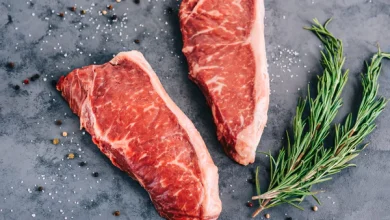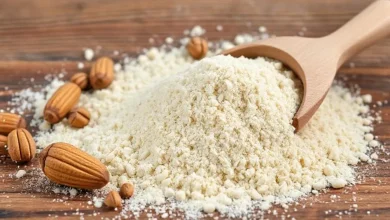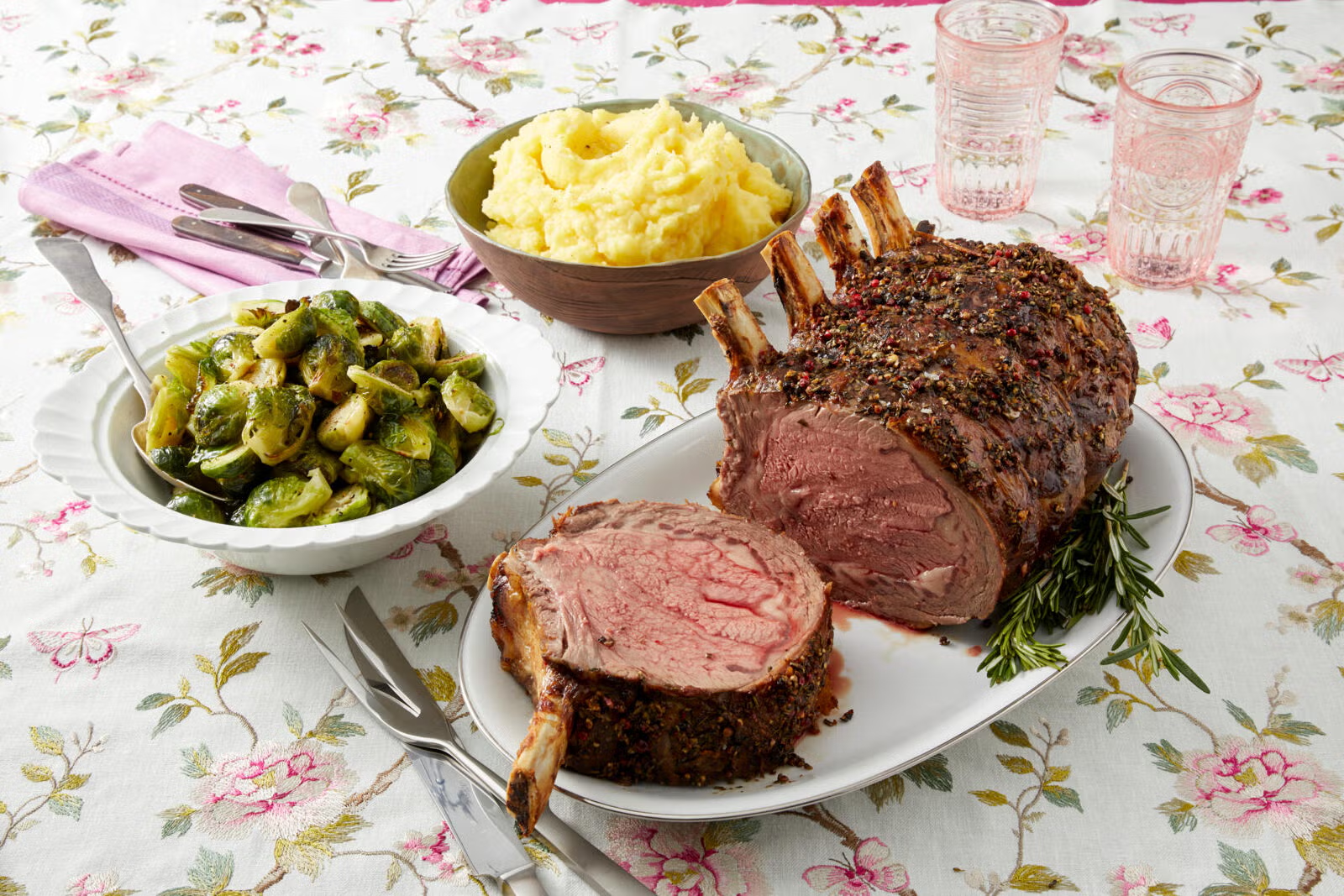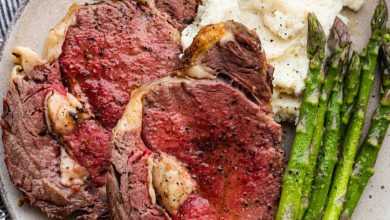Turkey (Whole Meat, Raw) – Nutritional Information
Description:
Turkey is a lean, high-protein poultry option that is rich in essential nutrients. Typically enjoyed during festive occasions, turkey meat provides a great source of energy and is packed with vitamins and minerals necessary for maintaining overall health. The raw whole turkey meat, when prepared properly, offers a wholesome foundation for a variety of recipes, from savory roasts to ground turkey dishes. This versatile ingredient is not only a low-fat protein option but also a source of several key micronutrients, including iron, phosphorus, and vitamin B6.
Nutritional Breakdown (Per 100g of Raw Turkey Whole Meat)
| Nutrient | Amount |
|---|---|
| Energy | 112.0 kcal |
| Protein | 22.64 g |
| Total Fat | 1.93 g |
| Saturated Fat | 0.459 g |
| Carbohydrates | 0.14 g |
| Dietary Fiber | 0.0 g |
| Sugars | 0.07 g |
| Calcium | 11.0 mg |
| Iron | 0.86 mg |
| Magnesium | 27.0 mg |
| Phosphorus | 190.0 mg |
| Potassium | 235.0 mg |
| Sodium | 118.0 mg |
| Zinc | 1.84 mg |
| Copper | 0.079 mcg |
| Manganese | 0.012 mg |
| Selenium | 22.6 mcg |
| Vitamin C | 0.0 mg |
| Thiamin (B1) | 0.05 mg |
| Riboflavin (B2) | 0.192 mg |
| Niacin (B3) | 8.1 mg |
| Vitamin B6 | 0.652 mg |
| Folate (B9) | 7.0 mcg |
| Vitamin B12 | 1.24 mcg |
| Vitamin A | 9.0 mcg |
| Vitamin E | 0.09 mg |
| Vitamin D2 | 0.2 mcg |
Allergen Information:
Turkey is naturally free from common allergens like gluten, dairy, and nuts. However, cross-contamination can occur during processing, so individuals with severe allergies should always check the packaging for any potential contaminants or additives.
Dietary Preferences:
- Low in Fat: This turkey meat is low in fat, making it an excellent choice for those looking to reduce fat intake.
- High Protein: With over 22g of protein per 100g serving, turkey provides a rich source of muscle-building and satiety-inducing protein.
- Gluten-Free: This is a naturally gluten-free product, suitable for those with gluten sensitivities or celiac disease.
- Low Carb: With only 0.14g of carbohydrates per 100g, turkey is perfect for low-carb or ketogenic diets.
Cooking Tips & Advise:
When working with raw turkey meat, it’s important to handle it with care to maintain both safety and flavor. To cook turkey effectively, consider roasting, grilling, or slow-cooking, which will help retain moisture while also enhancing the flavor. If using ground turkey, be sure to season generously as turkey can sometimes lack the depth of flavor found in fattier meats.
- Storage: Keep raw turkey refrigerated until ready to cook. Ensure it is stored in an airtight container to prevent contamination with other foods.
- Preparation: Always cook turkey to an internal temperature of at least 165°F (74°C) to ensure it is safe to eat.
- Flavor Pairing: Turkey pairs well with a variety of herbs such as rosemary, thyme, and sage. For a more savory profile, try pairing it with garlic, onions, and citrus zest.
Conclusion:
Turkey, especially the whole meat variety, is a nutrient-dense and lean protein that serves as an excellent base for countless recipes. With its wealth of vitamins, minerals, and protein, turkey supports a balanced diet and promotes overall health. Whether roasted, grilled, or incorporated into stews and casseroles, turkey offers a versatile option for those seeking both taste and nourishment.










